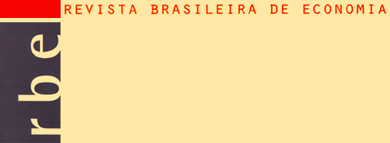This article analyzes the behavior of aggregate consumption series in Brazil. As usual, the random walk hypothesis of consumption, derived theoretically from the life cycle/permanent income and rational expectations hypothesis (PIH), is tested. The Beveridge e Nelson (1981) decomposition indicates that the consumption series has a stochastic trend and a cyclical stationary component, incompatible with the PIH. This result is in line with Reis et alii (1998), who concluded that a large fraction of Brazilian people is credit constrained, which generates a common cycle between consumption and income. Following, we introduce habit formation in the preference of a representative consumer in order to attempt to produce a process of consumption compatible with the empirical evidence. However, such a process does not prove itself statistically significant amidst the possibility of credit constraint consumers.





























